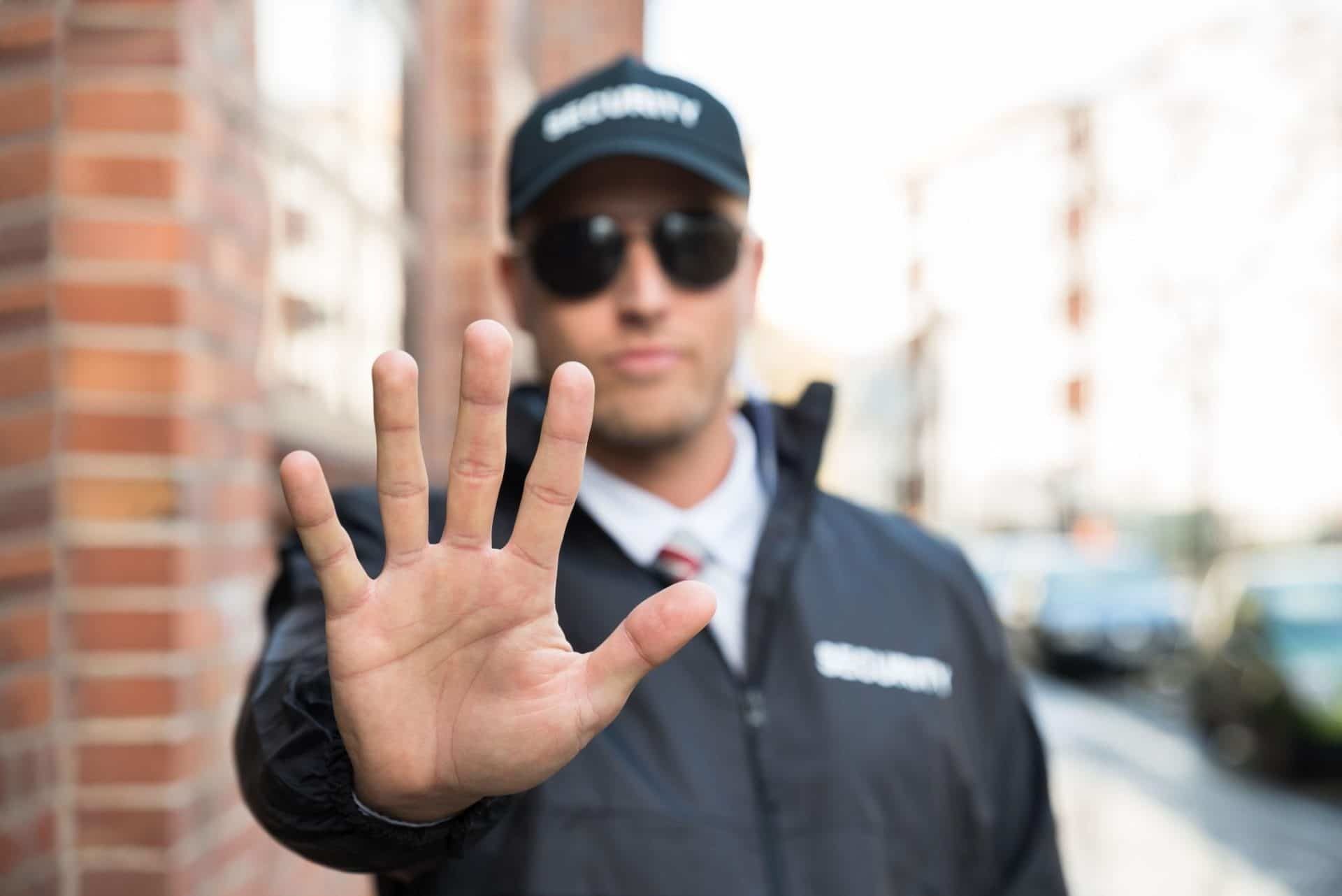How to Handle It If You are Falsely Accused of Shoplifting in Illinois
Being falsely accused of a crime like shoplifting can be confusing and unsettling, and you may not know what to do. How do you fight back against the word of a store manager or security personnel? What kind of evidence can help your case? What are your rights?
Unfortunately, this isn’t just some imaginary “what if” scenario. False shoplifting accusations occur all the time.
Case-in-point? Last year, a 12-year-old girl and her 13-year-old friend were falsely accused of shoplifting at a Target store in Algonquin, Illinois.
Even though the girls paid for their items, store employees followed them around the store. An employee told the girls to put back the items in their bags and said they had been caught stealing on camera. Another employee tweeted a photo of the girls and said that the store manager had instructed her to follow the girls.
By the time the 12-year-old girl’s mother picked them up, the tweet had reached people the girls knew. As one said, “It’s really embarrassing, because a bunch of my friends take it to their moms and then they can’t hang out with me.”
Soon after the incident, a Target human resource employee apologized and said they had no reason to believe the girls were doing anything wrong. The police had not been contacted by the store to report the incident. Mochan’s family was last reported as seeking legal counsel.
So if you or a loved one are facing a similar situation to the girls in this story, what should you do? What is likely to happen?
Navigating the Experience of a False Shoplifting Accusation
If the employees actually believe they have enough evidence to charge you with shoplifting, the first thing you can expect is to be led into a secure area for questioning. A guard or officer may ask you to provide your name, address, and date of birth. The store will then call the police to report the incident, and the police will initiate an investigation.
Throughout this process, you have the right to remain silent and request the presence of an attorney. It’s wise to keep quiet about details which may unintentionally put you in a difficult situation.
When building a case to fight your charges, think about when or if the item(s) in question entered your bag or shopping cart. Section 322 (2) of the criminal code explains how the offense of shoplifting occurs: “A person commits theft when, with intent to steal anything, he moves it or causes it to move or to be moved, or begins to cause it to become movable.” If the item was unintentionally placed in your possession, you can build a case against the charge.
Let’s say you accidentally placed an item in your cart or bag with the intent to pay and it doesn’t pass through the cashier’s checkpoint. If a store guard stops you and you offer to pay for the item immediately, no charges should be made.
It’s possible that distraction, illness, age, or certain medications can cause you to forget that you placed an item in your bag or cart. If you can show that one or more of these factors contributed to the situation, it will greatly bolster your case against your shoplifting charge. An attorney with experience in defending theft crimes will be able to help you.

The main thing to remember when falsely accused of shoplifting is to remain calm and polite and not to try to run away. Being confronted by security or other store personnel can be frightening, but fighting or attempting to escape only makes you look guiltier.
Tell them only the information that is required, pay attention to their actions and how they approach you, and replay the situation in your head so that you can relay exactly what happened to your lawyer if need be. This is where knowing the “rules” comes in handy.
Know the Rules to Battle Back against Your Shoplifting Charge
Retail stores in Illinois are training employees to follow six steps before filing shoplifting charges.
- The store representative must see the offender approach the item(s)
- The store representative must see the offender choose the item(s)
- The store representative must see the offender hide or carry the item(s) away
- The store representative must keep continuous watch over the offender
- The store representative must see that the offender did not pay for the item(s)
- The store representative must apprehend the offender once they pass the register or exit the store
These rules are intended to create probable cause that the offender had the intent to shoplift. If any of the steps are skipped, the prosecution may not be able to build a solid case against you. This is why you need to pay attention to the actions of the store employee who apprehends you.
Here are several other defenses you can use to fight false charges of shoplifting:

- The store witnesses prove to be unreliable or inconsistent in their testimony.
- You were detained for an unreasonable time period. This will depend upon the situation, but several hours should be considered excessive.
- A store employee used excessive force or threats to apprehend you.
- You put the item back on the shelf yet were still accused of shoplifting.
- The store did not issue an apology for false accusations.
- The store did not file charges within the statute of limitations.
If you are facing a shoplifting charge, make sure to contact an experience Chicago criminal attorney. They will be able to help you fight the false charges and will work to restore your reputation.
About the Author:
Andrew M. Weisberg is a former felony prosecutor who now serves as a defense attorney in the greater Chicago area. He has extensive experience in handling all types of criminal cases, from sex offenses and domestic violence to retail theft-related crimes, murder, and drug crimes.







 Blog Home
Blog Home 










